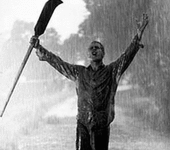|
Replies: 5
| visibility 1
|
All-In [29874]
TigerPulse: 100%
Posts: 8844
Joined: 10/31/10
|
Religious Pron - Ancient Gods 103

11

11
Mar 23, 2023, 9:53 AM
|
|
Early man was pretty perceptive. If something unusual happened, like his food or wine tasting weird, he usually noticed it.

It took some time, but eventually man realized that water would occasionally fall from the sky. But figuring out why would take man more time, more contemplation, and more alcohol.

And so from simple questions like “Why water from sky?”, man’s humble search to understand his world began.

We don’t know much of what early man thought about his world, but he did leave some clues behind, like bejeweled graves, a bunch of clay tablets, and some mysterious stone monuments. And of course, no one knows knows what discoveries might turn up next.

In Ancient Gods 101 we talked about the complementary concepts of anthropomorphism and animism; giving things human traits and souls. And in 102 we talked about religion as the first science – attributing phenomena beyond the ability of humans to something greater than humans.
For instance, I can’t make it rain or move mountains, but if there was someone just like me, only much bigger and stronger, perhaps he could…

Now, in 103, we’ll talk about the lives and relationships of the ultimate “Big Men”, the gods. And as you might expect, there’s a very human feel to the earliest of gods.

Here’s the oldest life-sized statue of one of those big men. He’s presumably a god, or at least a semi-divine king, since normal folk didn’t much merit statues back then. We don’t know his actual name, but at 11,000 years old, “Urfa Man” almost predates civilization itself. What we do know is that like most men, he was very protective of his nuts.
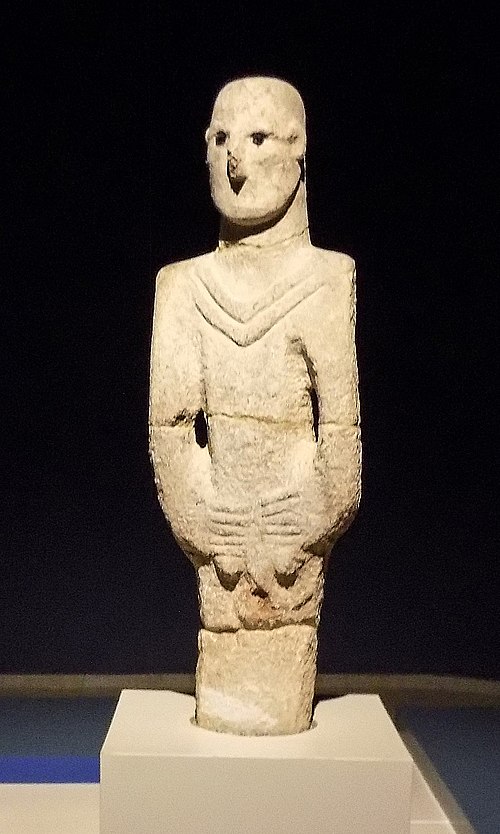
Just like people today.

And Urfa Man was also very stylishly dressed,

sporting the very same v-neck sweater that became so popular in our own future.

In Mesopotamia, the term for king, or ruler, was “Lugal.” And lugal literally means “Big Man.” Someone just like us, only better, stronger, faster… or whatever.

A typical king was a guy like Lugal-Banda, who lived for 1200 years. Even Methuselah only lived 969 years. Methuselah might have lived longer, but Jewish literature says God took him just before the flood so he wouldn’t die with the unrighteous. Considerate, but you’d think God could have just pushed the flood back a few years. Of course, there may have been other considerations with the time schedule.

Here’s another Mesopotamian lugal, Lugal-Dalu. We know it’s him because he’s got his name tattooed right on him.

Just like people do today.

With their name, or sometimes a profound sentiment.

What the ancients do tell us is that just like man, the gods needed houses and food. That’s where temples came in. Temples were literally the houses of the gods. When Yahweh came to visit in a formal fashion, he appeared as a cloud in the Holy of Holies, the innermost sanctum of the Temple.
Exodus 40:34 “Then the cloud covered the tent of meeting, and the glory of the LORD filled the tabernacle.”
A modern reconstruction of the Tabernacle, per Biblical dimensions. Not sure about the side shack with window mounted AC unit, though. Maybe that was described somewhere in Deuteronomy.

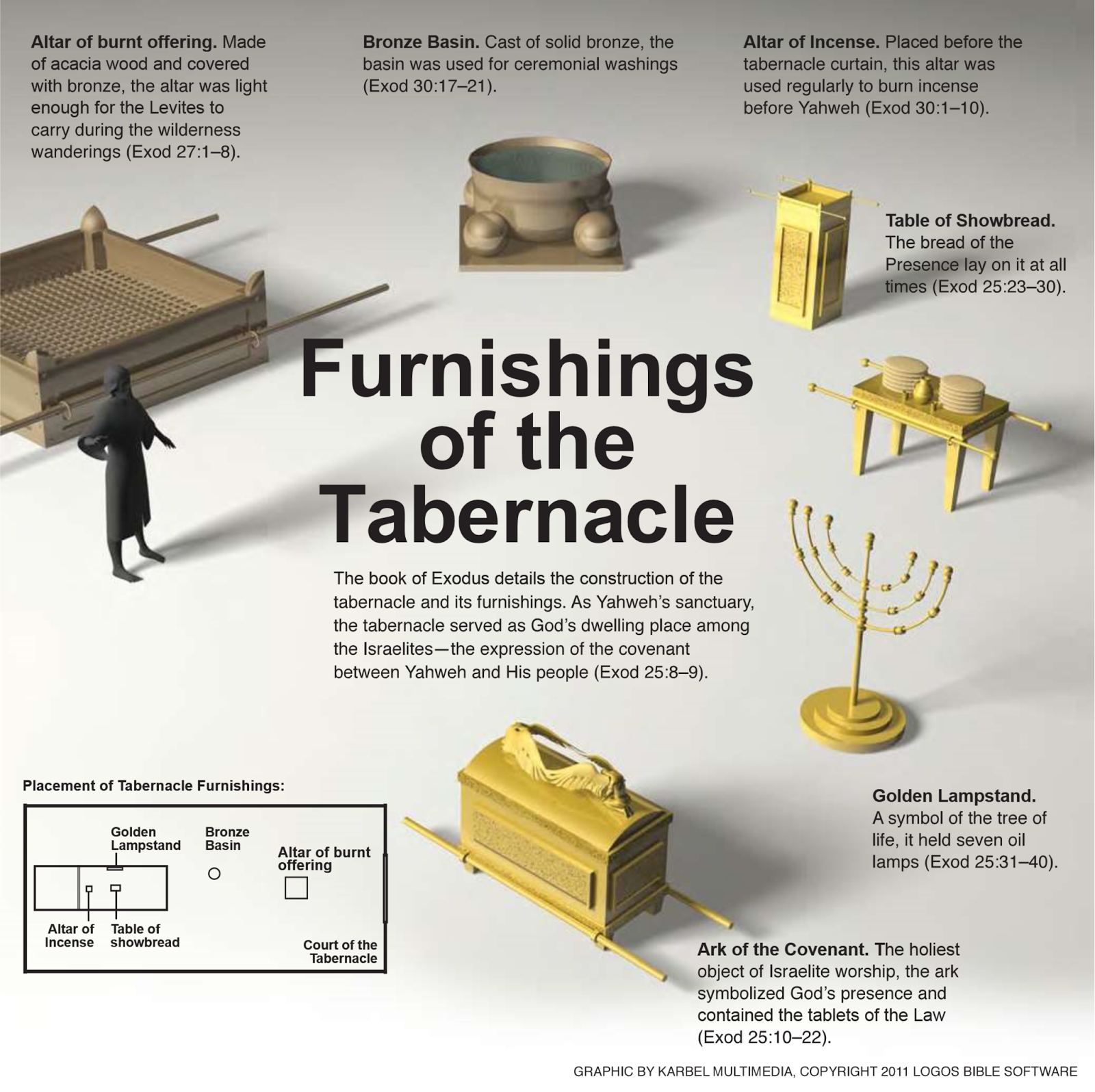
And when God visited, he was hungry. So a big part of the priestly duties was just making food.


It was the very same thing in Egypt and Mesopotamia with their gods as it was in the Levant. The ancients might not have all agreed on what to call the gods or what exactly all the gods did, but all the gods ate, that much was for certain.
Look at that Egyptian spread!

Hey all you little people! Pour some out for the Mesopotamian big man, Ok?
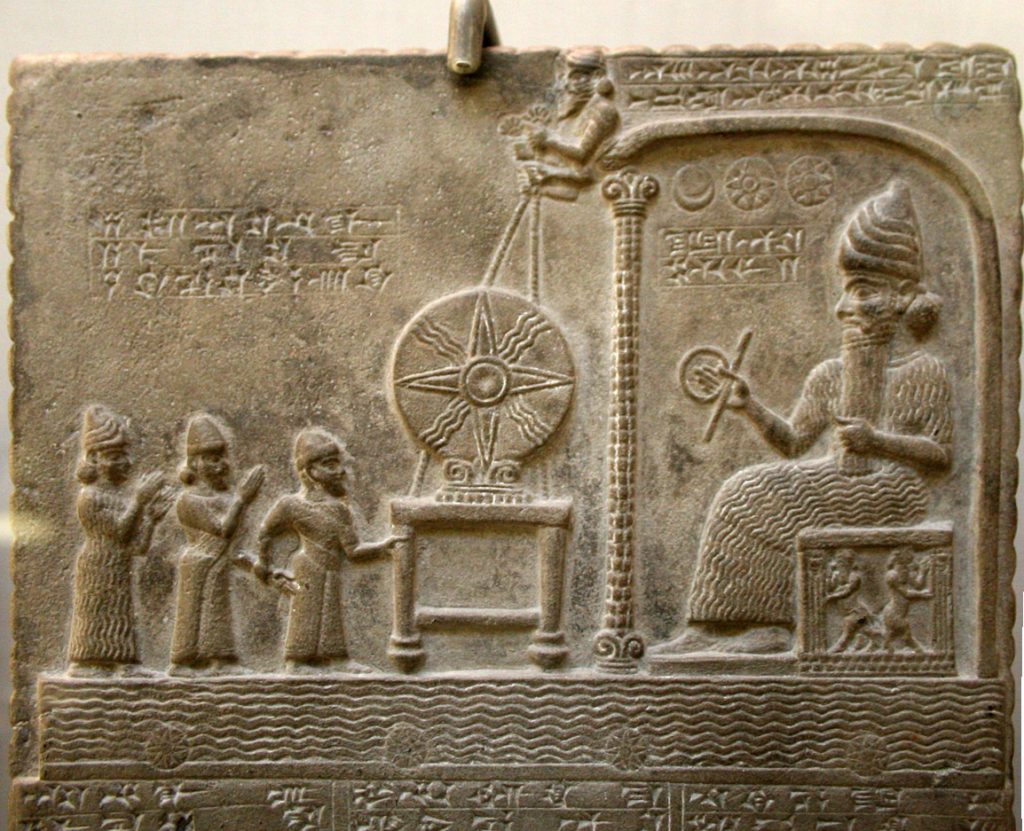
His cup is looking empty again! Little man serve big man, capiche?

Later on in Greece, temples were more like vacation homes for the gods. The gods lived on Mount Olympus, but when they visited man, unless they were incognito as an old hermit walking the roads, they appeared in their temples.
Big man Zeus at his home in Olympus. It was understood this was just a statue, but his spirit filled the statue when he visited. And no king of the gods is gonna put up with a puny statue.

We still have temples to Big Men to this very day.
:quality(80)/granite-web-prod/fd/af/fdaf0dc2d250446b992fc5538e2bbd64.jpeg)
If a city was big enough, it might even have a dedicated, patron god. Sort of like a religious or civic leader, or even a sports team. Someone or something all the locals could get behind.

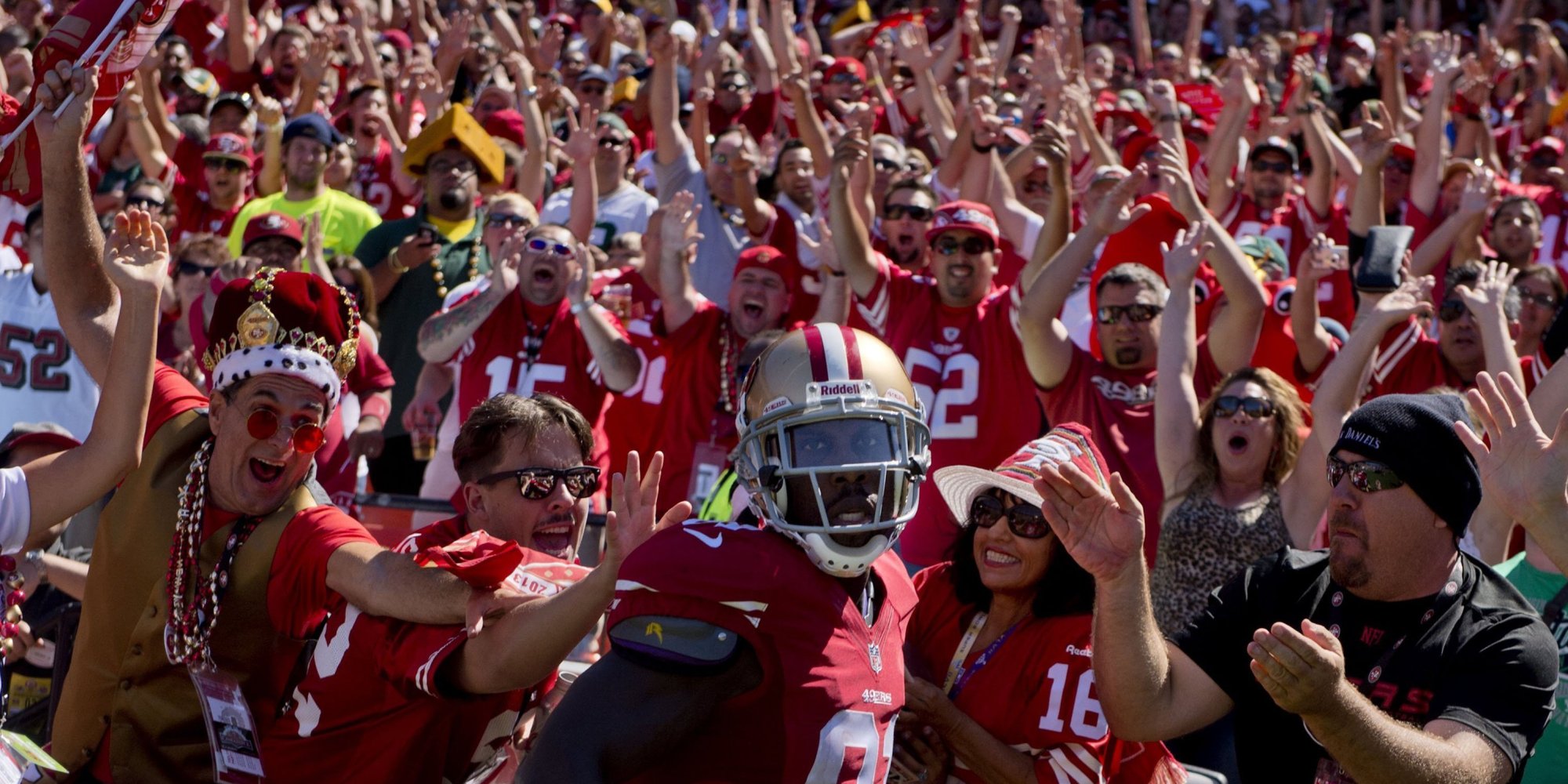
Take the ancient city of Philadelphia, for instance. Dionysus, the Greek god of grapes, wine, and partying, was the patron deity of Philadelphia.

So, instead of the Philadelphia Eagles, the older Philadelphia might have instead had a team called the Philadelphia Dionysees. Sure Dionysus could drink anyone under the table, but I’m not sure about his divine skills on the gridiron.

If Christianity had arrived sooner in Philadelphia, its ancient patron might have inspired a team called the Philadelphia Pauls.
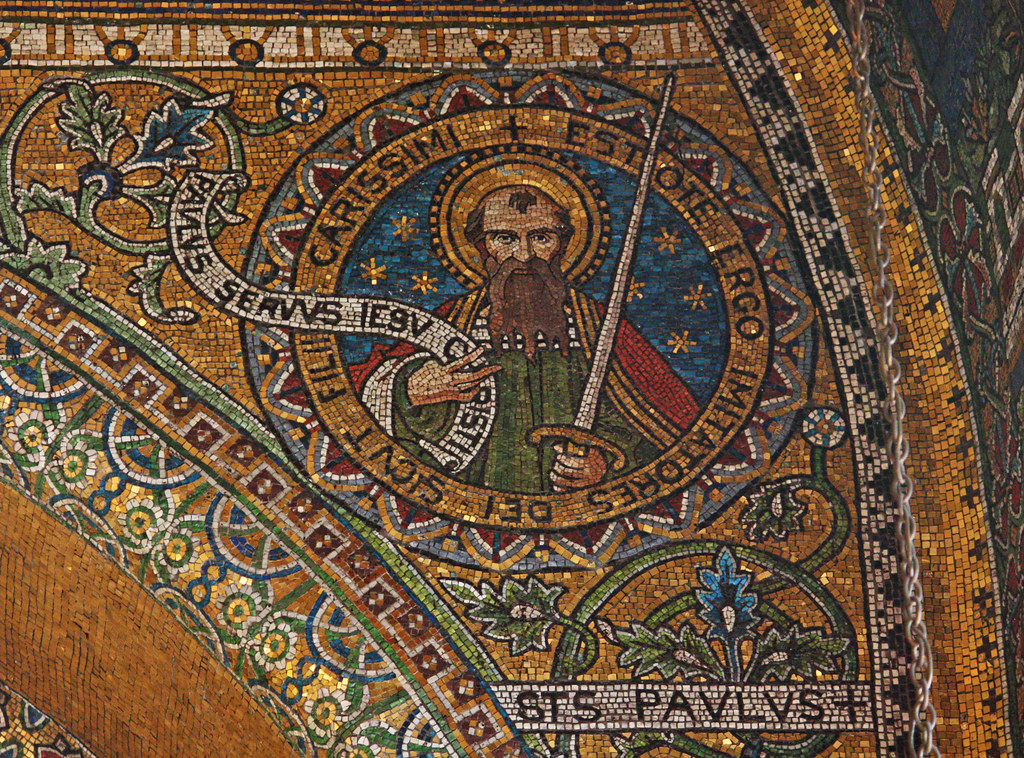
Now, if the idea of having a team called the Philadelphia Pauls seems silly, or if having an influential person be the eternal representative of your city seems far-fetched in modern times, talk to these guys first.

:no_upscale()/cdn.vox-cdn.com/uploads/chorus_asset/file/13442402/HOF_plaque.jpg)

Originally, gods were local. One city, one god. But in New York City, first there were the Giants, and then they added the Jets. Two representatives.
And so as cities grew, they added more gods, and as empires spread, gods had to move around more to cover all the people who worshipped them. So gods became regional, covering many cities at the same time, with temples in multiple locations. And eventually, they became national gods, and sometimes even international gods. Isis was worshiped in Italy, Greece, Egypt, and the Levant. Even as far away as Iran.
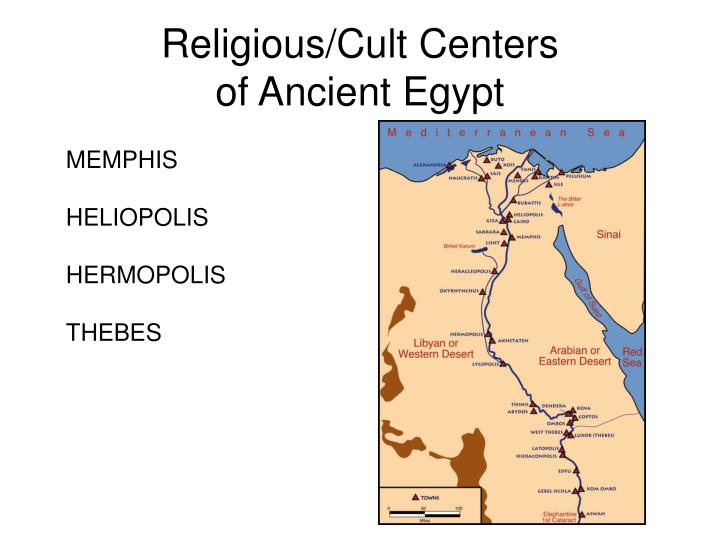
A god like Marduk started as the city god of Babylon, but as Babylon’s armies took over the known world, Marduk then became god of the known world. And with new powers came new responsibilities – like saving the world every now and then, using your super abilities and super weapons.
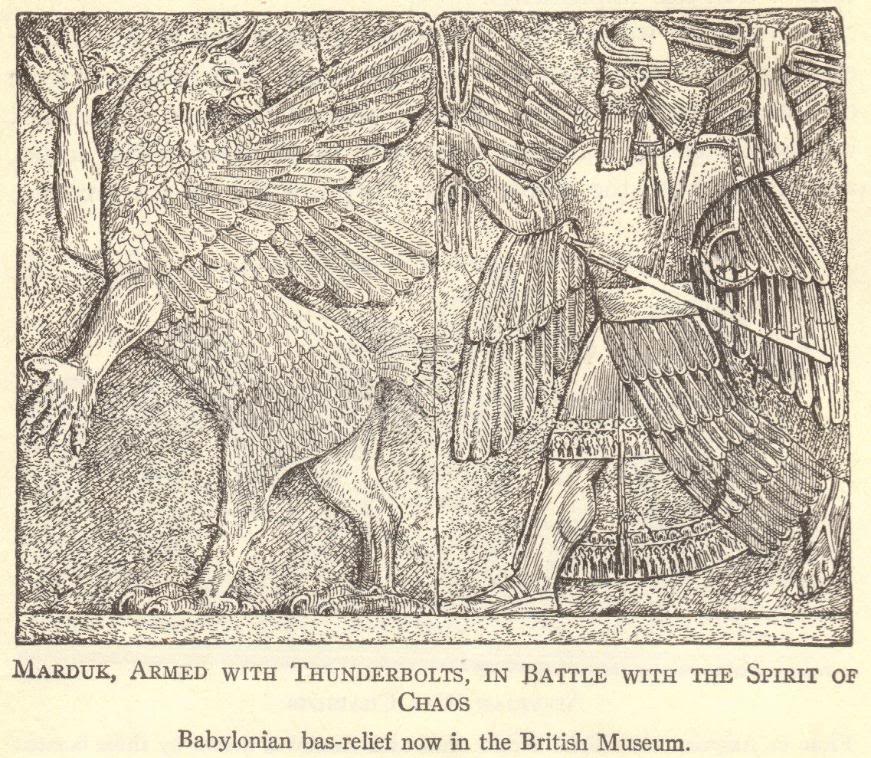
If you were a nomad who didn’t own a fixed piece of land, you’d need a god who travelled with you as you moved around. Fortunately, the ancient Hebrews had just that. A mobile god. Yahweh. Yahweh didn’t start with a nice, fancy temple like Zeus. In his earliest days with the Hebrews Yahweh had a mobile home.

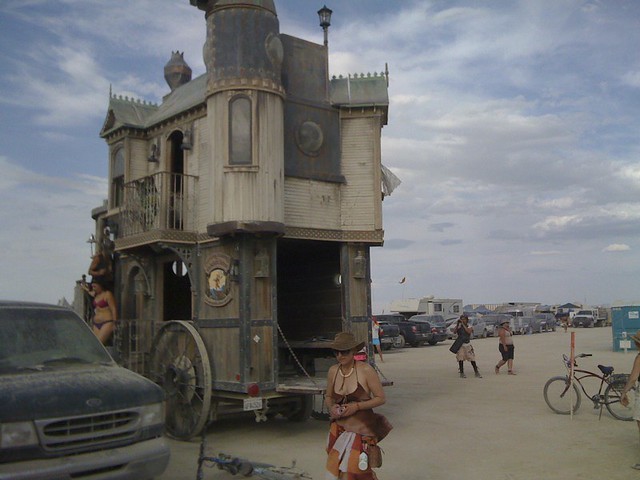
No. Not that kind of mobile home. This kind.

Butg once Yaweh’s people settled down, he got a nice temple too. Two of them, in fact. Here’s a few famous cities in the ancient world and the gods that looked after them as examples.
It was a pretty simple relationship. People worship god; god protects people.
In Mesopotamia:
at Nippur: The weather god Enlil

at Assur: The national god Ashur

at Ur and Harran (two stops for Abram): The moon god Nanna

at Uruk: The love goddess Inanna
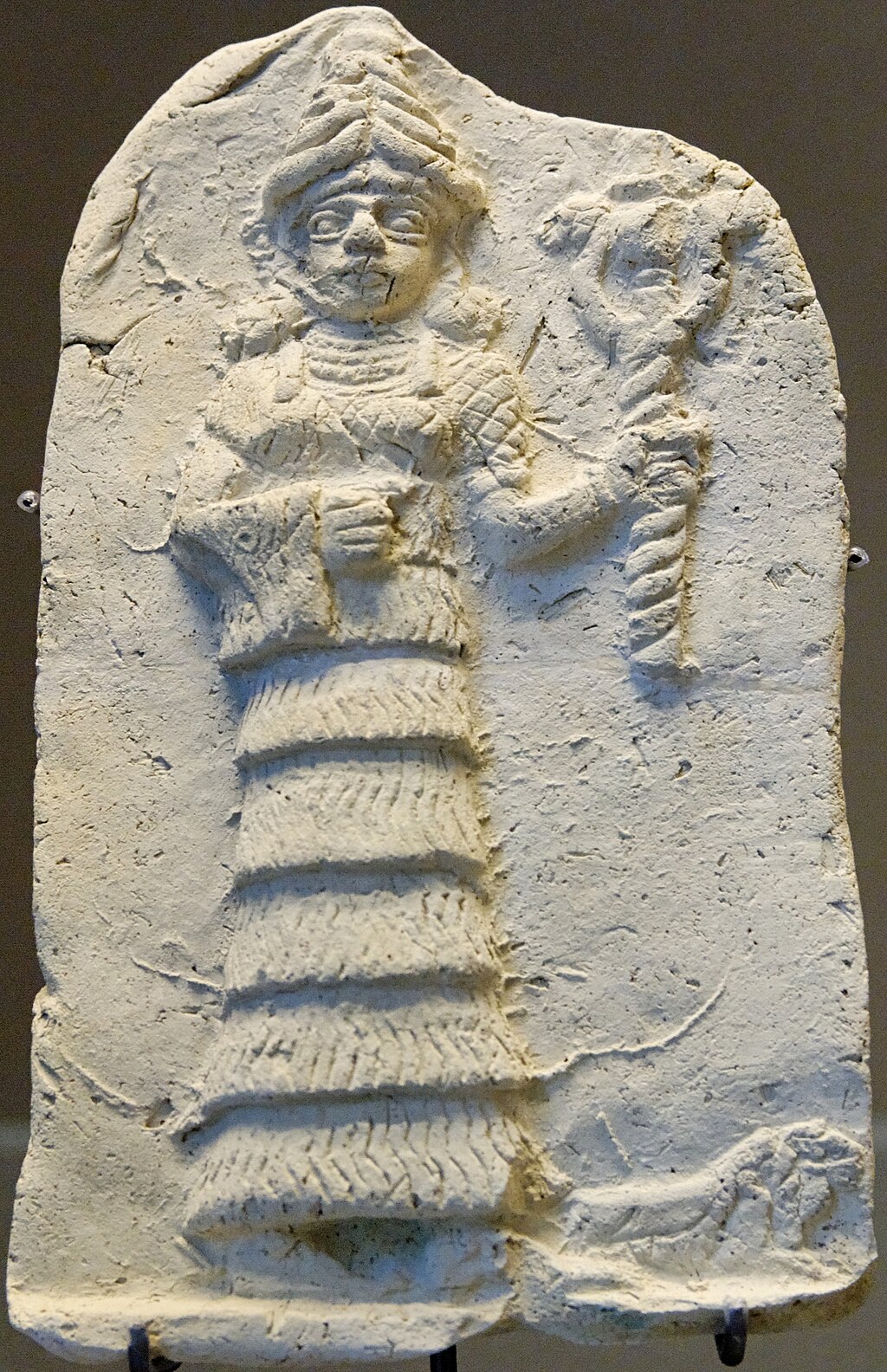
In Egypt:
at Elephantine: The Nile god Khnum

at Memphis: The creator god Ptah

at Hermopolis: The god of scribes, Thoth
:max_bytes(150000):strip_icc()/GettyImages-92845941-1feeddfe74b5401dbfb3941d4b0d48b3.jpg)
at Faiyum: The crocodile god Sobek

In Greece:
at Athens: The wisdom goddess Athena

at Sparta: The god of war Ares
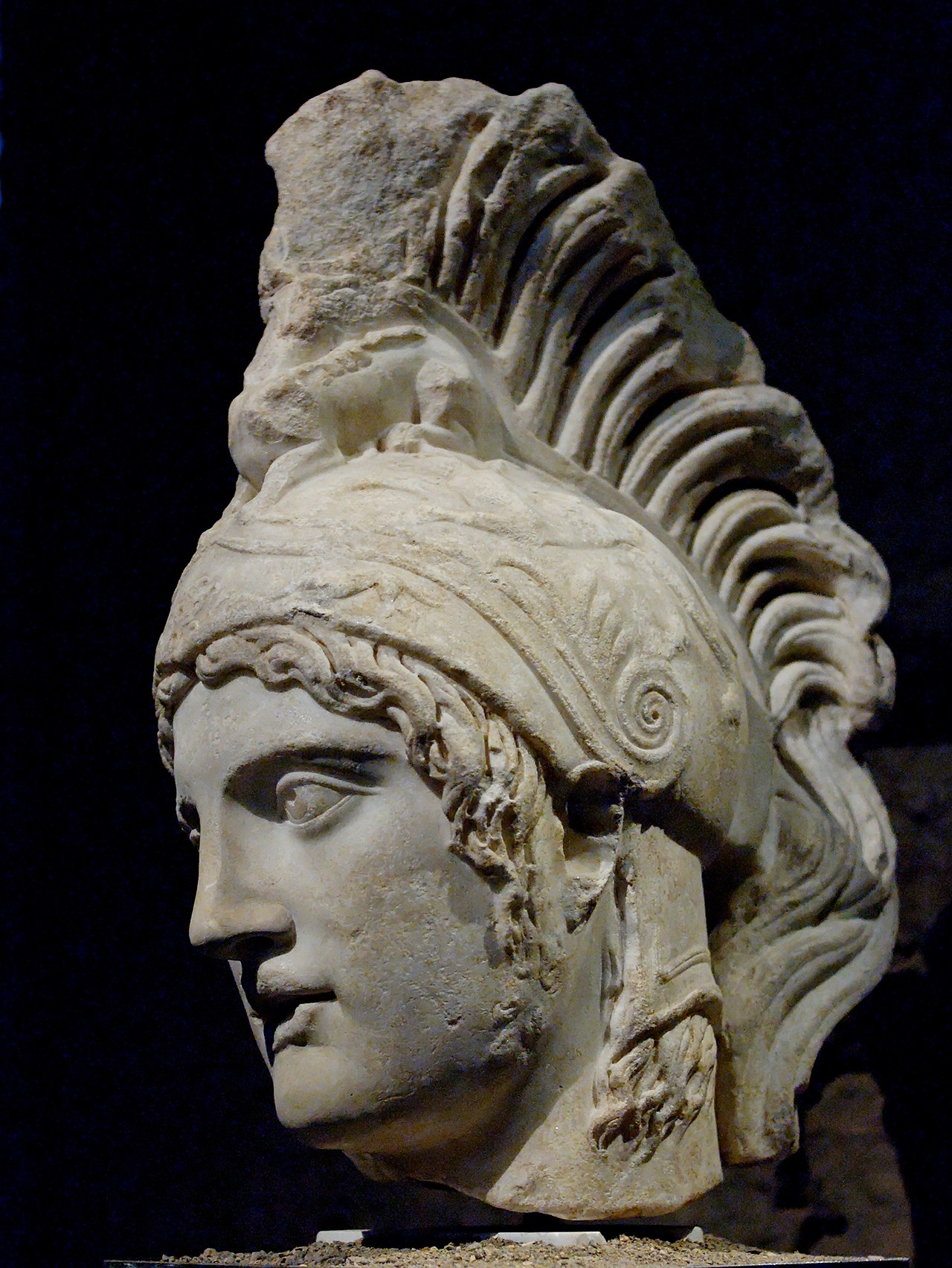
at Corinth: The god of the sea Poseidon
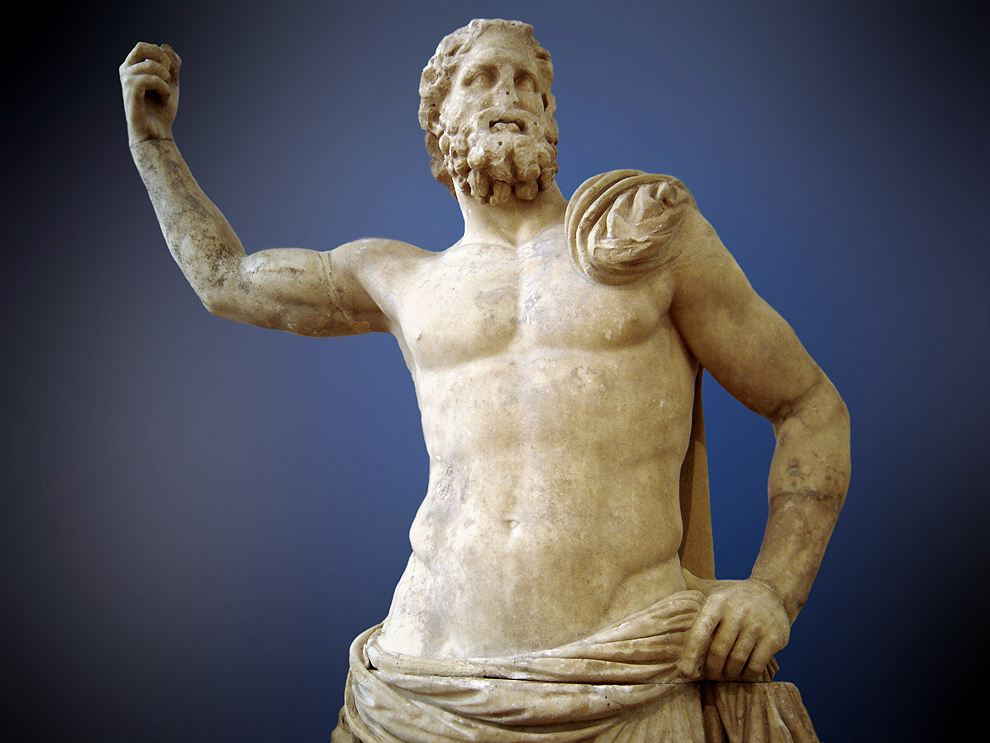
at Olympia: The king of the gods Zeus
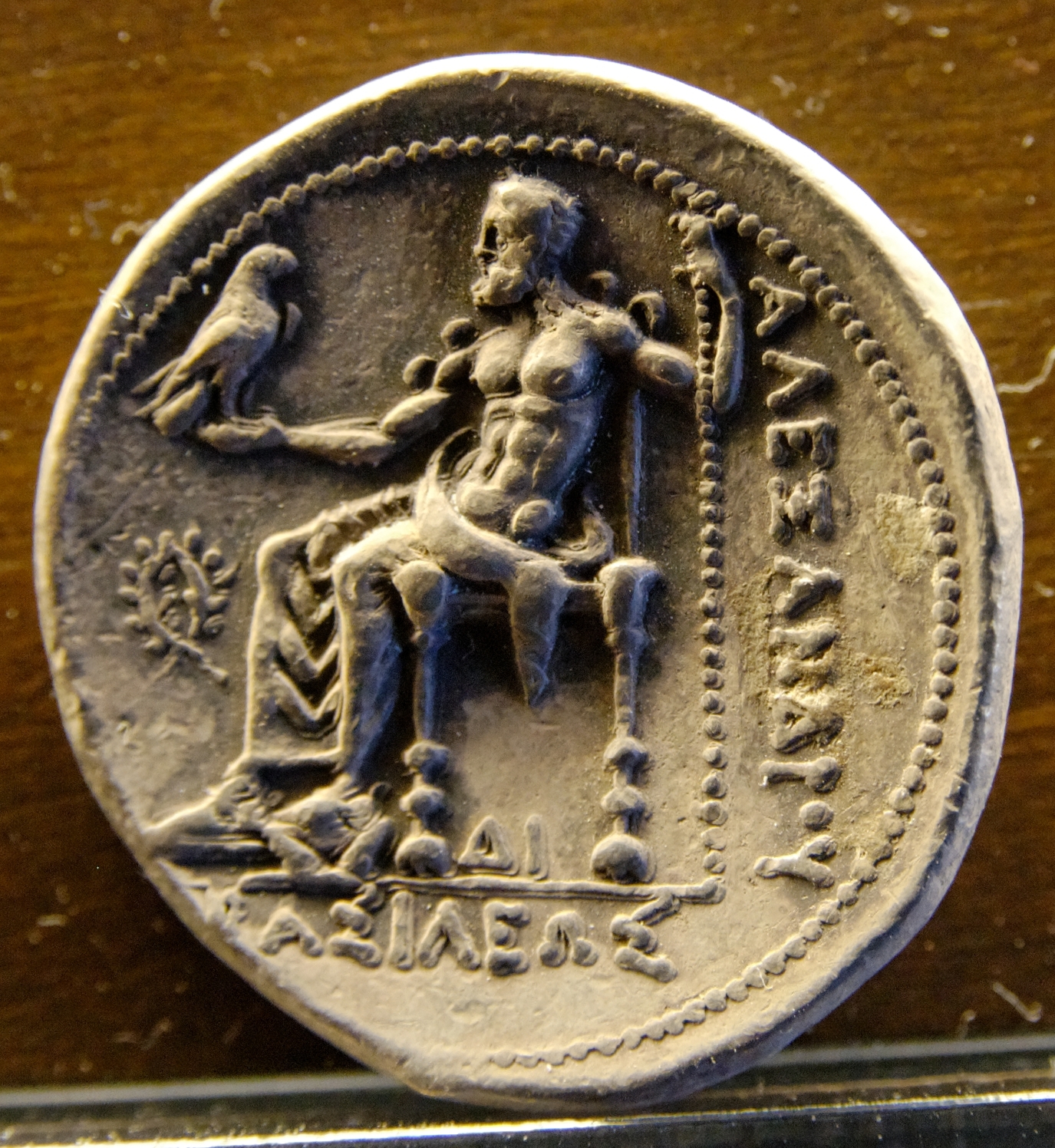
In the Levant:
at Ebla: The god of crops and fish, Dagan
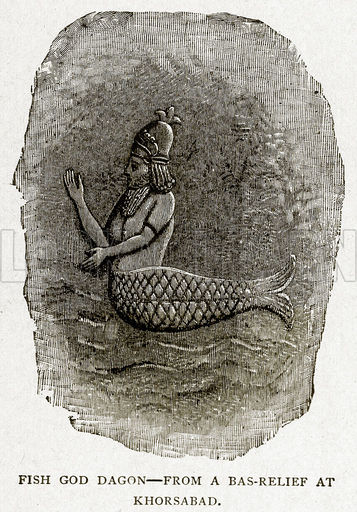
at Tyre: The king of the Underworld, Melqart (also Hannibal’s god all the way across the Mediterranean in Carthage. Talk about an international god!)

at Petra: The god of Justice, Dushara

at Amman: The national god Milcom
That’s a lot of gods, and that just scratches the surface. It seems like EVERYBODY had a god. There’s probably a few hundred more examples, but we’ll save those for later.

Well, if you’ve made it this far in the post I hate to wake you, but as a reward I’ll throw in some completely gratuitous pics of sexy women. Religious Pron wasn’t entirely pronny this time, but next time we’ll get to all the stuff I had to cut out because of time considerations. Stuff that wouldn’t even be allowed on PronHub today.
And it’s not mere mortals who are up the hanky-panky, it’s the gods themselves. So stay tuned for some extreme divine debauchery. If a moral compass is what you’re looking for, ancient Mesopotamia, Egypt, Greece, or Rome ain’t the place to find it.
Lesbia, by John Reinhard Weguelin, 1878. Lesbia was the pseudonym for the Roman poet Catullus’s female lover. Since her family was a powerful political rival, Catullus had to speak of her only in code.

Echo and Narcissus, by John William Waterhouse, 1903. Echo defended Zeus in one of his many affairs and so was cursed by his wife Hera. As a result of the curse, Echo could only repeat what others said to her, so she could never express her inner feelings again. Sad. We’ll cover that next time. Zeus makes Hugh Hefner look like a choir boy.

Hylas with the Nymphs. John Willam Waterhouse, 1896. Hylas was an Argonaut who was kidnapped by beautiful water nymphs and never allowed to return to his ship. Right. I’m sure the poor guy put up one hell of a struggle to get back to his all-male crew.
 
Athenias, by John Godward, 1908. Athenias was one of the Oracles of Delphi who told Alexander the Great he was destined to rule the world. She’s almost as hot as Alexander’s mistress, Campaspe, in the next pic. Which to choose? #ancientworldrulerproblems.
Athenias?
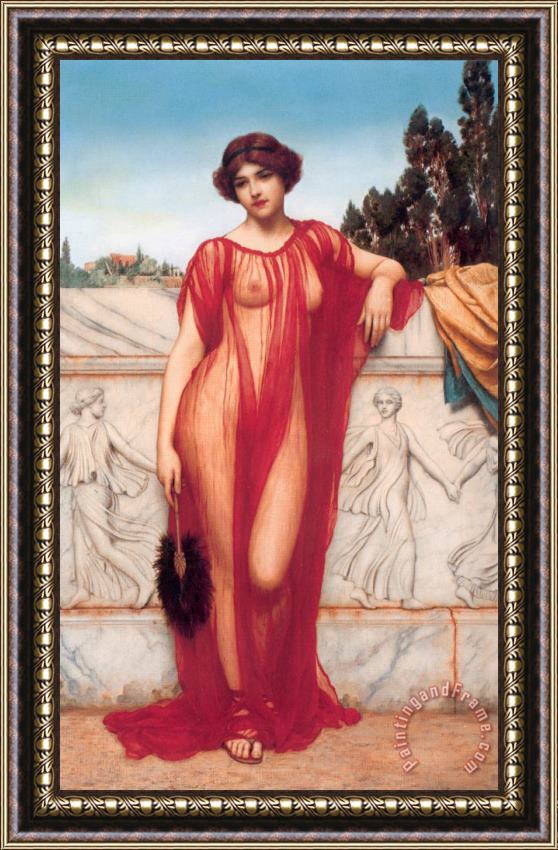
Or Campaspe? Decisions, decisions.

Ruth Amid the Alien Corn, by James Adam Acton.
The title is from the Keats poem “Ode to a Nightingale” about the Biblical Ruth: “Perhaps the self-same song found a path through the sad heart of Ruth, when, sick for home, she stood in tears amid the alien corn.” Sad. Hot, but sad.

|
|
|
|
 |
Orange Blooded [2156]
TigerPulse: 69%
Posts: 2575
Joined: 6/4/22
|
Re: Religious Pron - Ancient Gods 103

3
Mar 23, 2023, 2:07 PM
|
|
I remember when I was a kid growing up in church, we were always taught not to run and play in the sanctuary because it was "god's house".
Then I read from Acts chapter 7 and started to wonder why so many christians were ignorant of their own scriptures. They dress in their very best clothes to come in this holy place, but that seems to contradict what Stephen said here before being stoned the death. Funnily enough, I've known a lot of christians who i think wanted to stone people who didn't dress properly and act reverent in church.
However, the Most High does not dwell in temples made with hands, as the prophet says:
‘Heaven is My throne,
And earth is My footstool.
What house will you build for Me? says the Lord,
Or what is the place of My rest?
Has My hand not made all these things?’
***Side note***
Stephen seems to be going against the Old Testament here and the idea that Yahweh was actually present in these man made tabernacles and whether or not they were doing what was right. Is that what he meant by this statement?
|
|
|
|
|
 |
Oculus Spirit [93678]
TigerPulse: 100%
Posts: 95428
Joined: 12/25/09
|
Amen.

3
Mar 23, 2023, 5:04 PM
|
|
The Holy Spirit's throne is in your heart. You are the sanctuary. Churches have auditoriums but behaving and respectful to those gatherings of God's saints is simply being civilized.
What you said reminds me of visiting my ex's grandmother. She cause one of my children and told her to stop what she was doing or Jesus wouldn't like her. I think what I said to that old woman might have been the first time she heard the Gospel.
|
|
|
|
|
 |
All-In [29874]
TigerPulse: 100%
Posts: 8844
Joined: 10/31/10
|
Re: Religious Pron - Ancient Gods 103

1
Mar 23, 2023, 7:58 PM
[ in reply to Re: Religious Pron - Ancient Gods 103 ] |
|
Really good stuff here. Acts 7 is super interesting because it shows two pretty big transitions in understanding what God may or may not be. I'll get to that in just a sec.
But first is a closer look at Stephen's recount of Jewish history. In the context of god homes, the very idea (or reality) of a god that travels with people is pretty unheard of, at least early on. Like I mentioned in the OP there are probably 100 more examples beyond the 20 or so I listed of gods being anchored to the land. And only one of a mobile God who travels wherever people choose, or are led, to go.
A mobile god is just unheard of in early history. In the ancient world, gods doesn't come to you, you go to them. And gods certainly don't lead people around on travel tours. That's just a radical reversal in the history of worship.
I can't think of any example similar to people following a cloud or a pillar of fire. Whether it's allegorical, or literal, or whatever, it's cool AF as far as an understanding of God. Because once you make that conceptual leap, that God can be with you as you travel, well then the next step is that he can be with you anywhere, anytime. Temples become a lot less important when God no longer needs an earthy home that you visit. That is a HUGE jump.
As I mentioned, the idea did slowly evolve that a god might start in one town, then have temples in 2, or maybe 10 towns as his worshipers grew, but once Yahweh appears that old idea is shattered. Places are no longer holy in-and-of themselves. They are only holy if Yahweh happens to be there at the time. Huge.
And that brings us around to your points. To me, yes, Shephen is turning all of the traditional understanding of man's relationship, in this sense, with God on its head. I mean, God told the Hebrews to build the tabernacle. Even gave them instructions on how to build it. The Hebrews didn't just decide to build one in the hopes that God might like their structure. They were following God's orders at the time, as conveyed through Moses and Aaron.
So for Stephen to say "Sorry guys, you got it all wrong" was kind of a big deal. One can see how the Sanhedrin, or the Supreme Court of the day, would have freaked out on him. Now he could have presented the argument that they had it right for 2000 years, and it wasn't until Jesus rose that the rules changed. Maybe he did present it that way, we don't know.
But it again shows how radical Jesus and his message were. Not only were all the old rules out, because he fulfilled them, but even the building where the old rules were performed, the tabernacle and then the temples, were out too. That was huge from a religious/philosophical perspective, but also from a practical and political perspective. That's because Jesus was about to put a whole lot of priests out of business, and out of power. If your life was tending to the temple rituals and cooking temple food for the masses, and suddenly there was no need for a temple, you were an ice-box repair man in the time of refrigerators.
And it's not just a power issue. Back in Acts 6, the story starts with this: "In those days when the number of disciples was increasing, the Hellenistic Jews among them complained against the Hebraic Jews because their widows were being overlooked in the daily distribution of food."
Taking away the temple and the temple services had not just a religious aspect, but also a social one. Remember that sacrifices were in a sense public picnics, too. It's how people ate, on a regular schedule, away from their homes. That's why some of the Jews were griping about their food rations. So when Jesus was taking away the temple, he was potentially taking away people's food too. No sacrifices, no picnic. Kind of a big deal to the regular folk, not just to those about to lose power.
The second thing in Acts 7 that is really interesting is this line: "But God turned away from them and gave them over to the worship of the sun, moon and stars." That's interesting because it shows the evolving belief that the celestial bodies were no longer divine, but just as natural phenomenon. The author is basically saying "You dummies are just worshipping orbiting rocks, but have at it."
Now, it's not like that was an overnight change, or even a uniform belief in all areas, but the very earliest religions assume that the celestial bodies ARE divine. So sometime around the Exodus, about 1200 BCE, that idea was falling away, at least among some people, namely the Hebrews. The idea of the "heavenly bodies" had been around since before writing. Even up till the early ADs the Romans were still worshiping Jupiter as the supreme god the Greeks called Zeus. I'm sure the logic went "Well of course god is real, you can see him with the naked eye up in the sky at night. He's the real bright one that doesn't flicker."
So to be able to see that change occurring, and planets being attributed to science after earlier being attributed to religion, and being documented in Acts, is pretty cool.
|
|
|
|
|
 |
Oculus Spirit [93678]
TigerPulse: 100%
Posts: 95428
Joined: 12/25/09
|
Chiseled out of rocks and carved out of stumps.

2
Mar 23, 2023, 5:07 PM
|
|
I wish we had the testimonies of the personal encounters of those who worshiped all those idols.
Dig something up!
|
|
|
|
|
 |
All-In [29874]
TigerPulse: 100%
Posts: 8844
Joined: 10/31/10
|
|
|
|
|
|
Replies: 5
| visibility 1
|
|
|



 to award
the award.
to award
the award.

























:quality(80)/granite-web-prod/fd/af/fdaf0dc2d250446b992fc5538e2bbd64.jpeg)




:no_upscale()/cdn.vox-cdn.com/uploads/chorus_asset/file/13442402/HOF_plaque.jpg)












:max_bytes(150000):strip_icc()/GettyImages-92845941-1feeddfe74b5401dbfb3941d4b0d48b3.jpg)


















